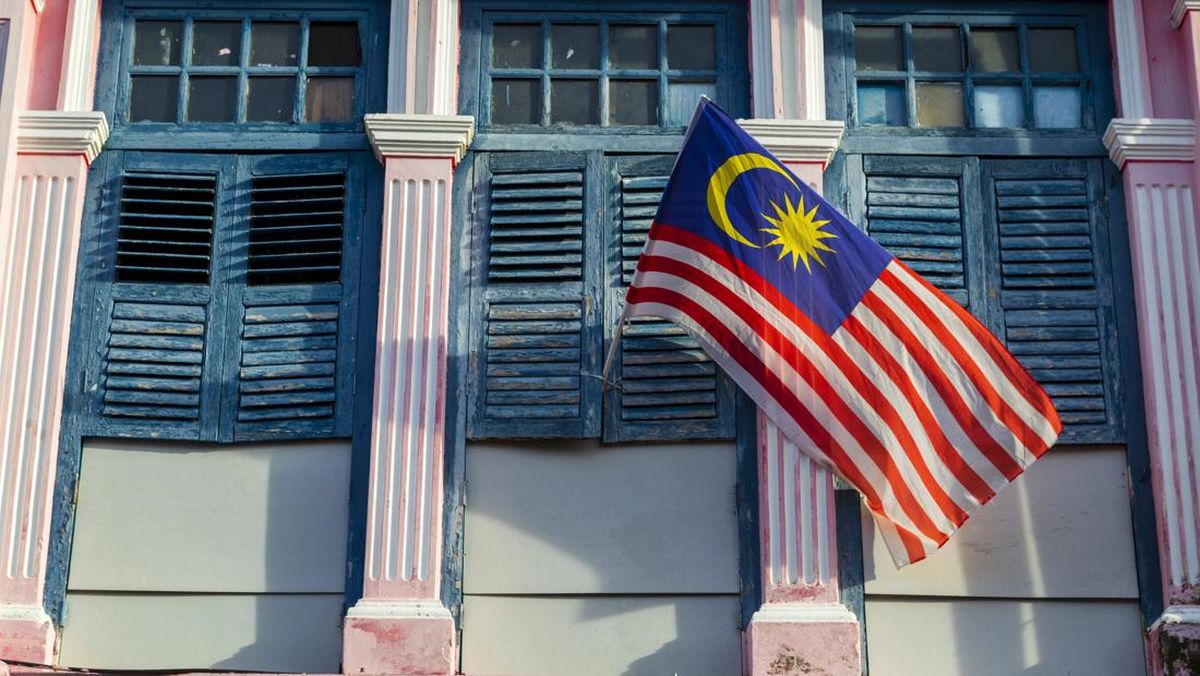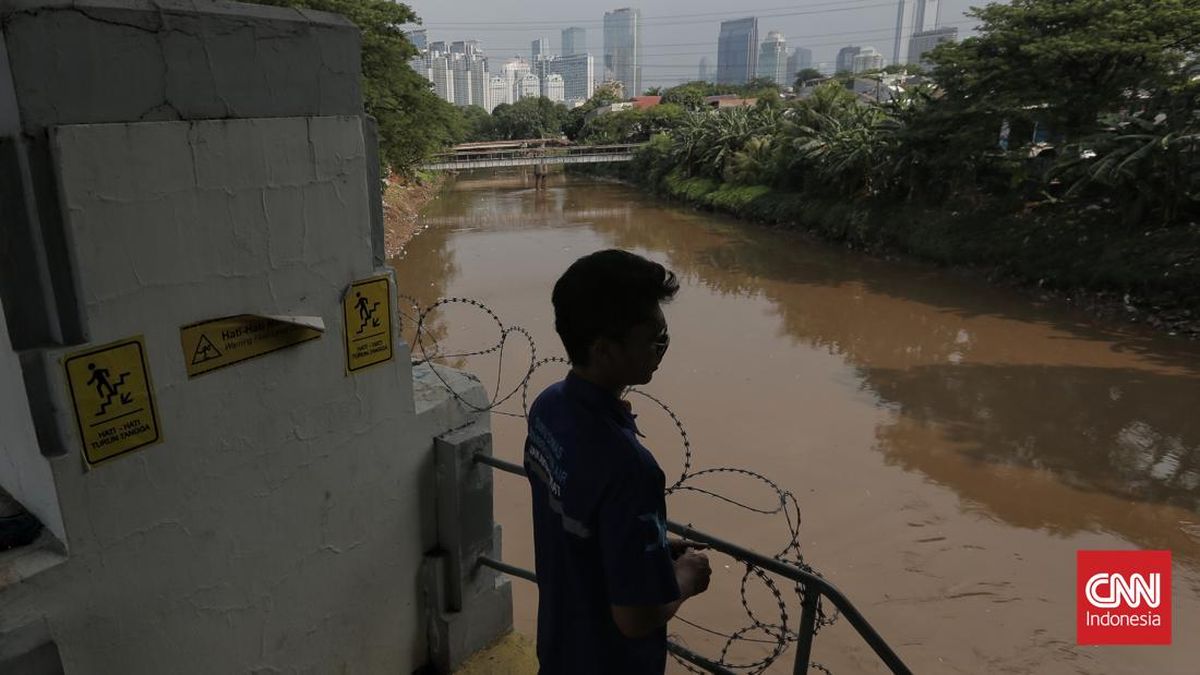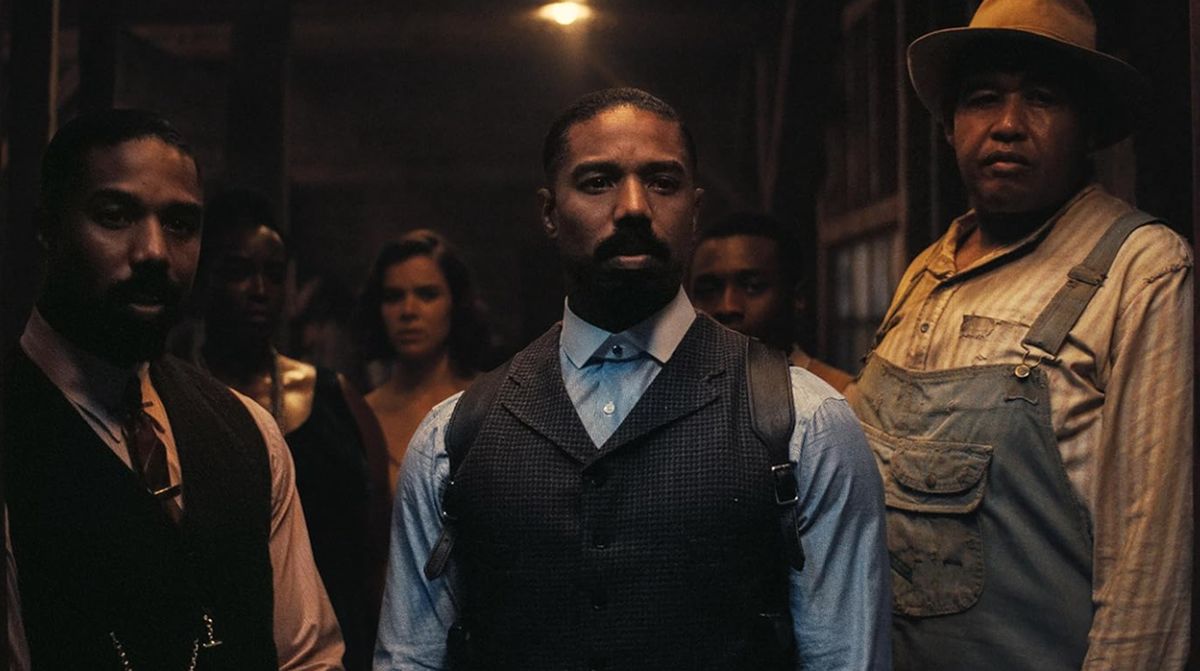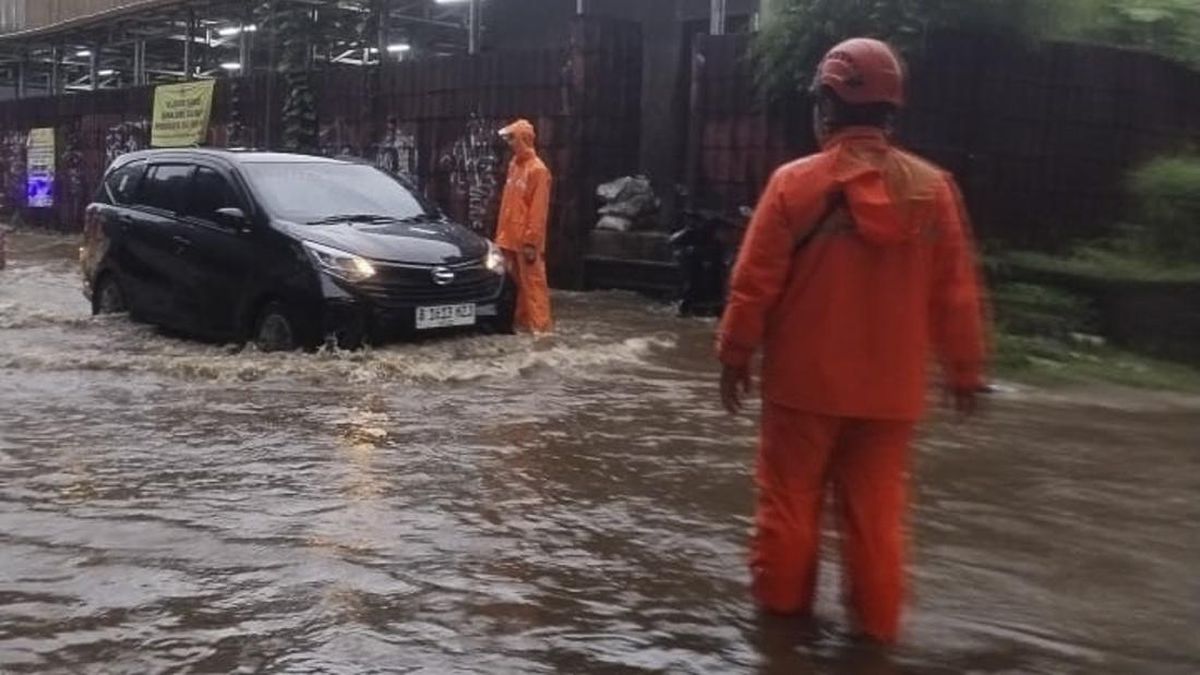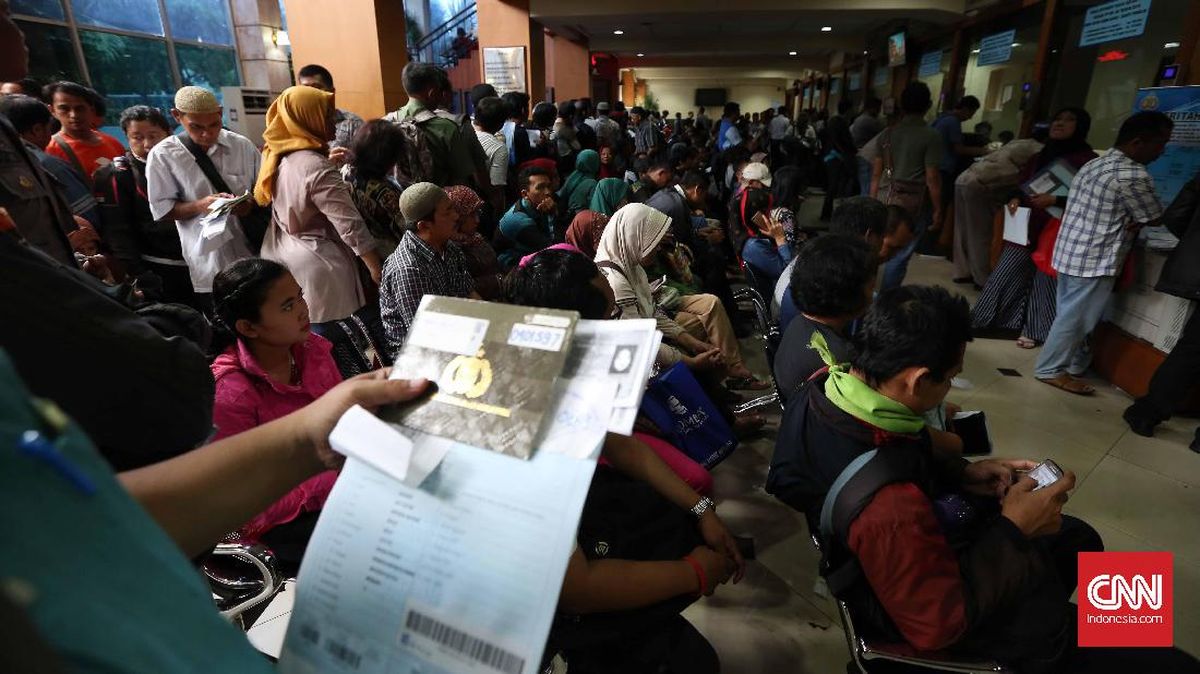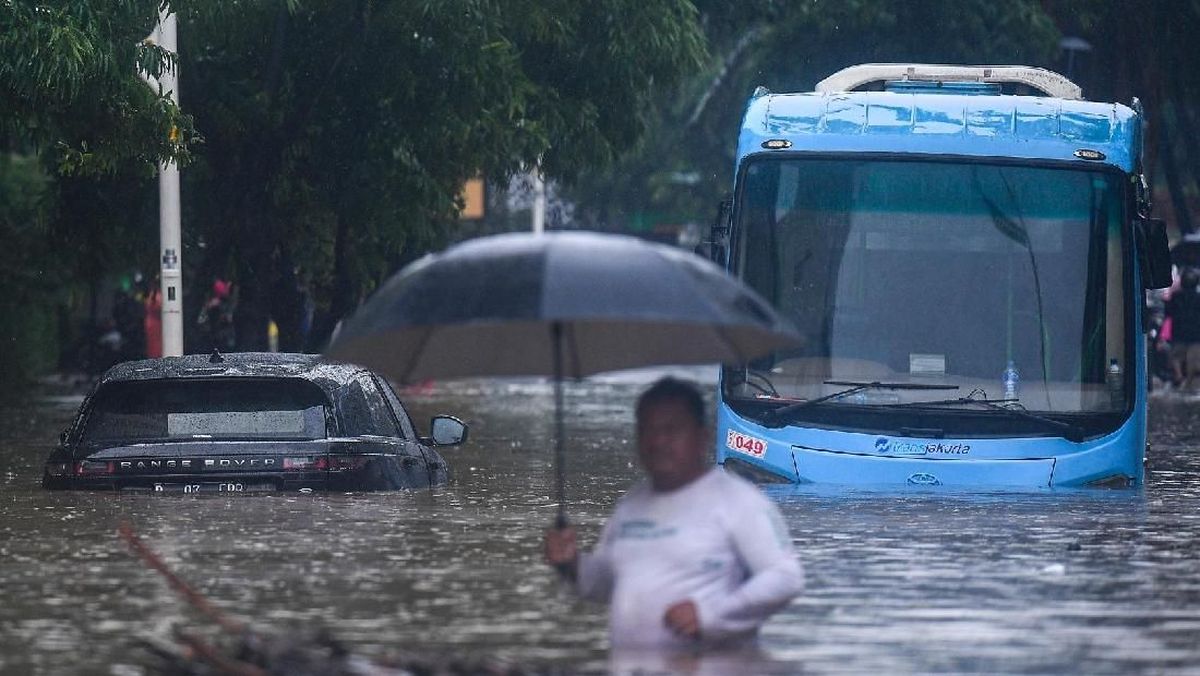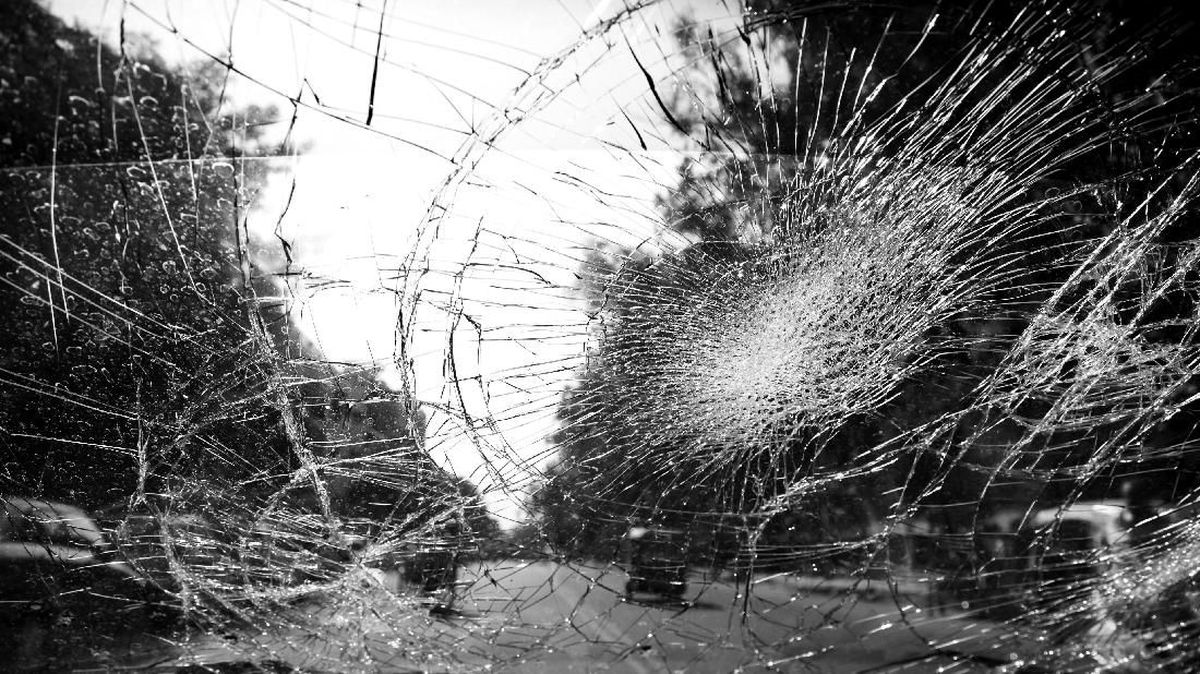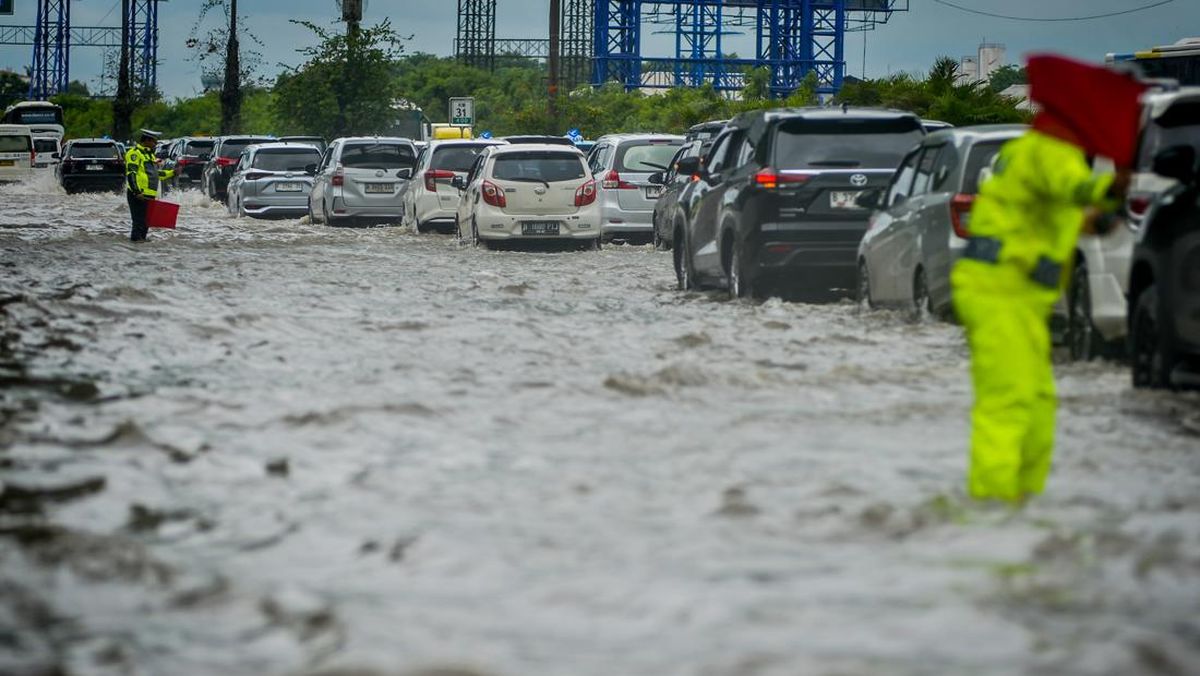Editorial
September 20, 2025 — 5.00pm
September 20, 2025 — 5.00pm
A 68-year-old woman. A 74-year-old man. An eight-week-old baby. Australians who needed help. Australians who were unable to receive it.
The consequences of last Thursday’s Optus outage are still being uncovered. What is known is that more than 600 Triple Zero calls were not connected, emergency services were not alerted to those callers’ needs, and people are dead.
Speaking to reporters on Saturday, federal Communications Minister Anika Wells said it was “a fundamental requirement for a mobile carrier in Australia” to provide Triple Zero services.
“I find it hard to put into words how this could have possibly been allowed to happen again,” she said.
Because, of course, this is the second time in two years that Optus has recklessly failed its customers.
The telco was fined $12 million after a 12-hour outage in November 2023. It failed to hand over the 2000-odd Triple Zero calls made during that time, or conduct welfare checks of more than 300 of the callers.
Loading
The incident prompted the Bean review, which made 18 recommendations to improve the Triple Zero system. These were all supported by the federal government, who directed the Australian Communications and Media Authority (ACMA) to require mobile carriers to take all reasonable steps to ensure emergency calls can be carried on any available network during an outage.
Wells said on Saturday that “many of the things that happened” in last Thursday’s outage were the result of the failure to implement recommendations from the review.
“Australians have every right to be livid that Optus cannot get these basics right,” she said, adding that why those calls were not transferred to other carriers, as the inquiry also recommended, was a question for Optus.
But the federal government cannot rely on industry for such crucial reform.
It is clear why this has “been allowed to happen again”. As veteran telecommunications analyst Paul Budde told this masthead’s technology editor David Swan, Australia’s telco industry has for decades “prioritised competitive advantage over resilience”, resisting national roaming and network gateways.
He is right to suggest, alongside others, that the government should take a harder line, and mandate and regulate call redundancy protocols that would switch a failed emergency call to another available network, as well as enforce real-time testing of Triple Zero connectivity across all carriers.
Optus’ customer service team were first told about problems with Triple Zero at 9am on Thursday. It is unacceptable that this information seemingly became lost in the telco’s system, until a call from South Australian Police that afternoon sounded the alarm.
A 68-year-old woman. A 74-year-old man. An eight-week-old baby. And the 600 more whose emergency calls also failed.
To access lifesaving public healthcare, these Australians were forced to rely on a private company’s service. It is a tragedy for the deceased and their families, but also for the emergency services personnel who were unable to help these people in their darkest hour.
Optus may have failed them, but their lives shouldn’t have been solely in its hands.
Bevan Shields sends an exclusive newsletter to subscribers each week. Sign up to receive his Note from the Editor.
Most Viewed in National
Loading

